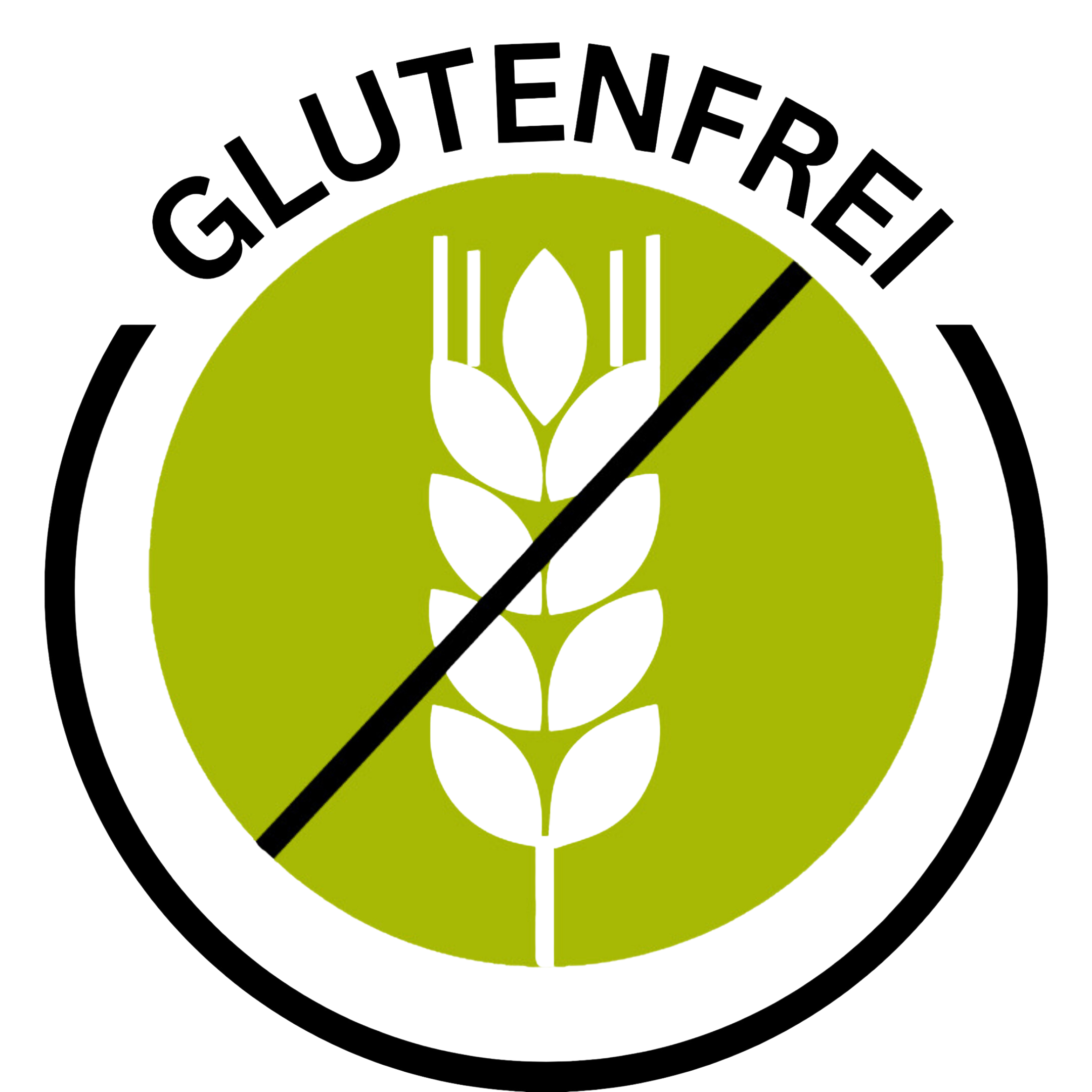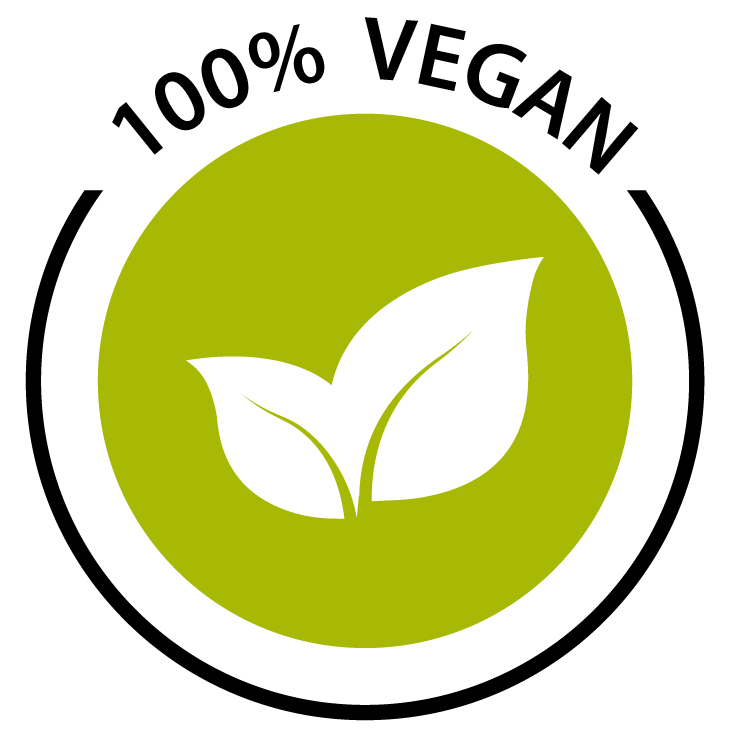Ubiquinol
In a world where energy and vitality are increasingly valued, one term is gaining increasing importance: ubiquinol . Often mentioned in connection with coenzyme Q10, ubiquinol is the active form of Q10 and plays a crucial role in the body's energy metabolism. But what is truly behind this special substance—and why has it become one of the most interesting dietary supplement topics in recent years?
In this article, you'll learn what ubiquinol is, how it occurs in the body, which natural sources exist, and why many people choose to supplement. We'll also explore what makes Hanoju Ubiquinol special and how it fits into a conscious diet and lifestyle— without medical claims, but with a focus on quality, purity, and sustainability .
What is ubiquinol?
Ubiquinol is the reduced, active form of coenzyme Q10 (ubiquinone) . Both forms occur naturally in the body – however, ubiquinol is the bioavailable variant, which is directly involved in energy metabolism processes in cells.
The coenzyme itself is a vitamin-like substance produced by the body and found primarily in the mitochondria —the so-called "powerhouses of the cell." With increasing age or due to certain life circumstances, the body's production of coenzyme Q10 can decrease.
As a result, many people are interested in ubiquinol as part of a balanced diet because it is present in the body in a form that can be used directly.
Ubiquinol vs. Coenzyme Q10 – What’s the difference?
The two forms are closely related. While coenzyme Q10 (ubiquinone) is the oxidized form, ubiquinol is the reduced form—the one that is immediately available in the body.
The body converts ubiquinone into ubiquinol when needed, but this conversion may be less efficient with age or due to certain factors. Therefore, many people prefer ubiquinol as a dietary supplement because it is absorbed directly.
Natural sources of ubiquinol
Ubiquinol is found in small amounts in certain foods. Natural sources include:
- Fish (e.g. sardines, salmon, mackerel)
- Meat, especially heart and liver
- Nuts and seeds
- Spinach and broccoli
- Whole grain products
However, since the concentrations in foods are usually low, many people use ubiquinol in supplement form to support their daily intake.
Ubiquinol in the body – The importance at the cellular level
In the mitochondria, ubiquinol contributes to the production of energy in the form of ATP (adenosine triphosphate) . This energy is essential for virtually all cellular functions—from metabolism to muscle function.
In addition, ubiquinol plays a role in stabilizing cell membranes , making it an important component in many biological processes.
These processes are part of the natural energy metabolism – and ubiquinol helps cells to perform their functions efficiently.
Why many people choose ubiquinol
With increasing age, increased physical activity, or specific diets, the body's natural Q10 levels can decline. Therefore, ubiquinol is increasingly valued as a valuable addition to a healthy diet .
Many users particularly appreciate:
- the good bioavailability ,
- the active form , which can be used directly by the body,
- and the ability to support energy balance at the cellular level – naturally.
Ubiquinol at Hanoju – Focus on purity and quality
At Hanoju , transparency, quality, and naturalness are paramount. Ubiquinol is extracted from high-quality raw materials, processed under strict quality controls, and carefully bottled.
Key features of Hanoju Ubiquinol:
- High-purity quality without unnecessary additives
- Vegetarian capsules
- Laboratory-tested purity
- Gentle processing to preserve the active form
These factors make the product particularly suitable for people who care about quality and traceability.
Ubiquinol and nutrition – A conscious combination
Ubiquinol combines excellently with a balanced, nutrient-rich diet . Those who rely on natural energy sources often integrate:
- fresh vegetables and fruit,
- Whole grain products,
- Nuts, pulses and vegetable oils,
- as well as sufficient fluids and exercise.
The conscious integration of ubiquinol into everyday life can therefore be part of a holistic lifestyle focused on balance and well-being .
Ubiquinol in combination with other vital substances
In combination with other micronutrients, such as vitamin B complexes, vitamin E or omega-3 fatty acids , ubiquinol is often included in nutritional strategies aimed at energy and regeneration.
These combinations are of course not a substitute for a balanced diet, but can help support individual nutritional goals .
How is ubiquinol taken?
Taking it is easy: Ubiquinol is usually offered in capsule or tablet form .
With Hanoju, dosages are clearly stated on the label, and the recommended daily amount should not be exceeded. It is recommended to take it after a meal , as ubiquinol is fat-soluble and therefore better absorbed.
For specific dosage recommendations, always consult the packaging or a specialist .
Sustainability at Hanoju
Hanoju places great emphasis on environmentally friendly packaging, short transport routes, and sustainable production processes. Ubiquinol is also manufactured with these values in mind.
The result is a product that is designed to be responsible not only for the body but also for the environment.
Who is Ubiquinol suitable for?
Ubiquinol may be of interest to various groups of people, including:
- People who value energy and vitality,
- People of middle age and older,
- People with an active lifestyle,
- or those who pay attention to a conscious diet.
It is not a medical treatment, but a component of a modern , vital lifestyle .
Why Hanoju?
Hanoju has stood for natural dietary supplements of premium quality for years.
Our products are:
- Laboratory tested
- Transparent origin
- Sustainably produced
- Free from unnecessary additives
Every product is created with the aim of being pure, safe, and honest – for people who live consciously and value proven quality.
Conclusion
Ubiquinol is more than just a term from the world of dietary supplements – it is a symbol of the modern balance between natural energy, scientific knowledge and responsible consumption .
If you value high-quality, active ingredients and want to support your body naturally, you will find in Ubiquinol from Hanoju a partner that combines quality, purity, and sustainability.
Disclaimer:
The information provided in this article is for general information purposes only. It is not a substitute for medical advice, diagnosis, or treatment by a physician or other qualified professional. Food supplements are not a substitute for a balanced and varied diet and a healthy lifestyle.










Leave a comment
This site is protected by hCaptcha and the hCaptcha Privacy Policy and Terms of Service apply.